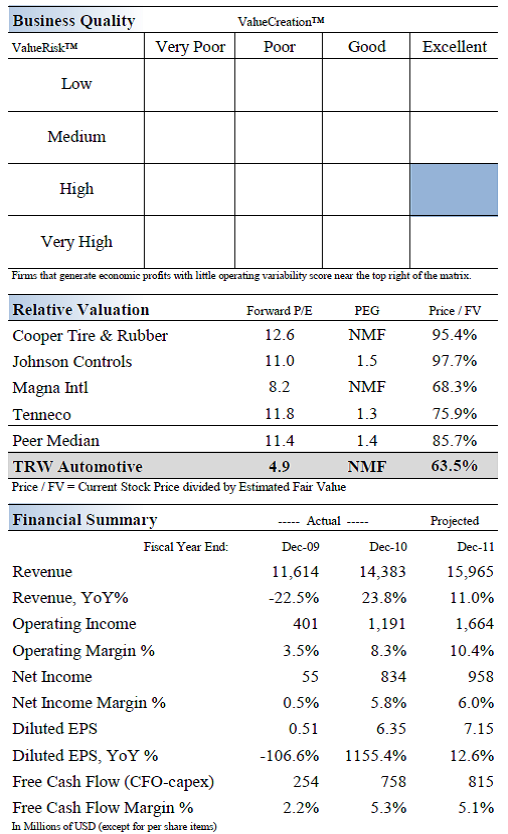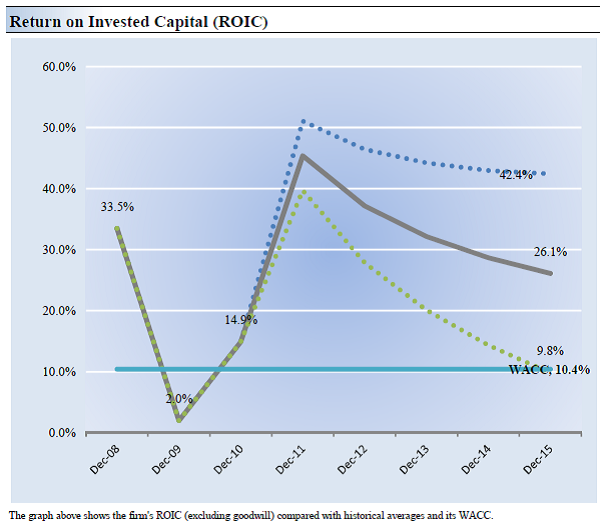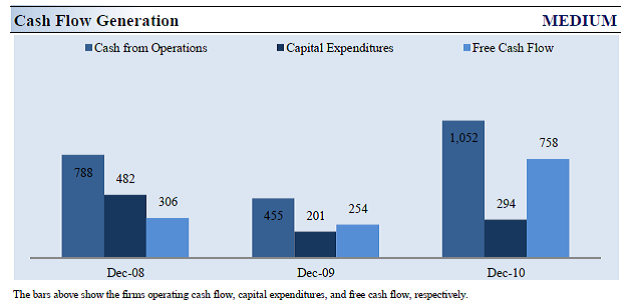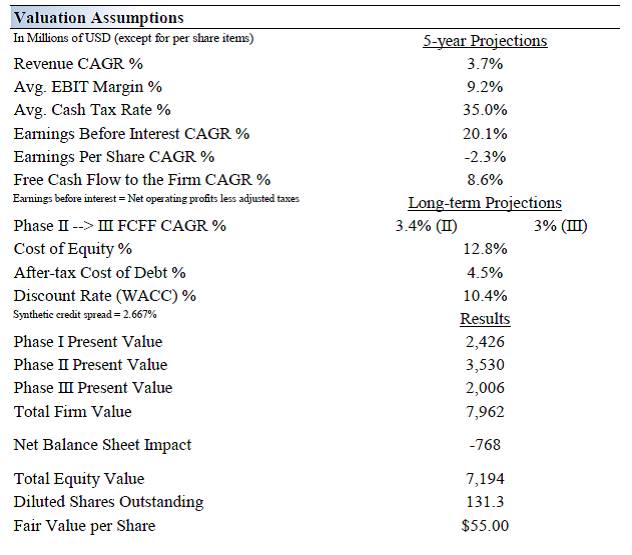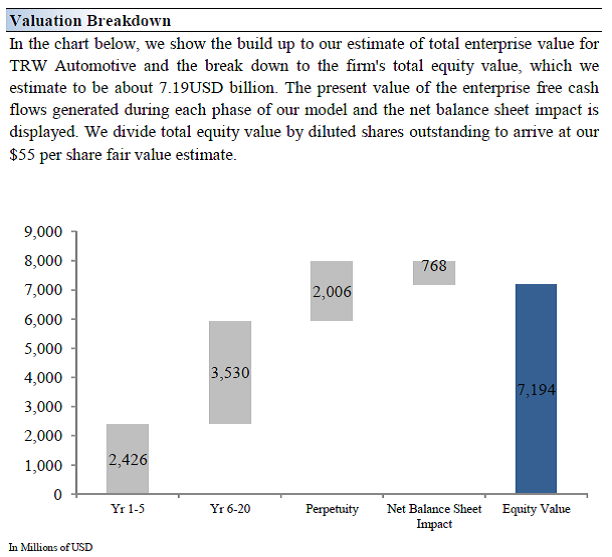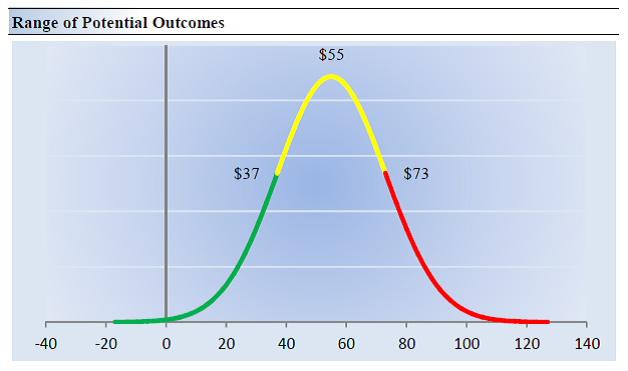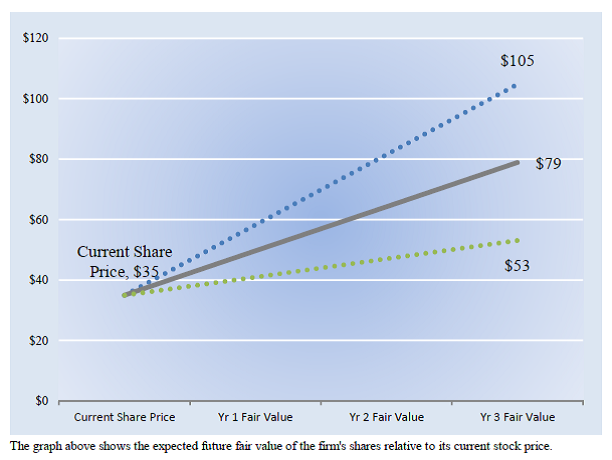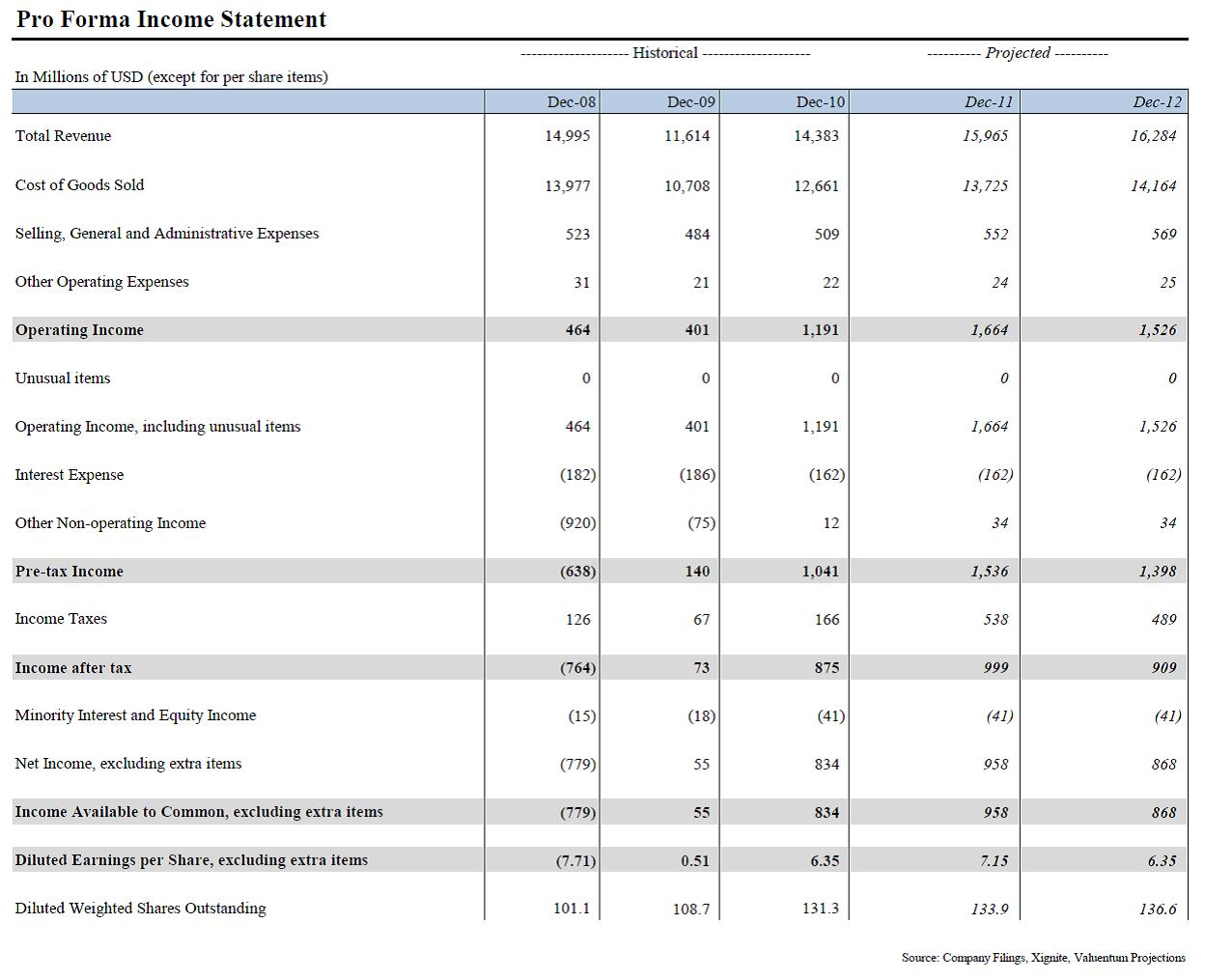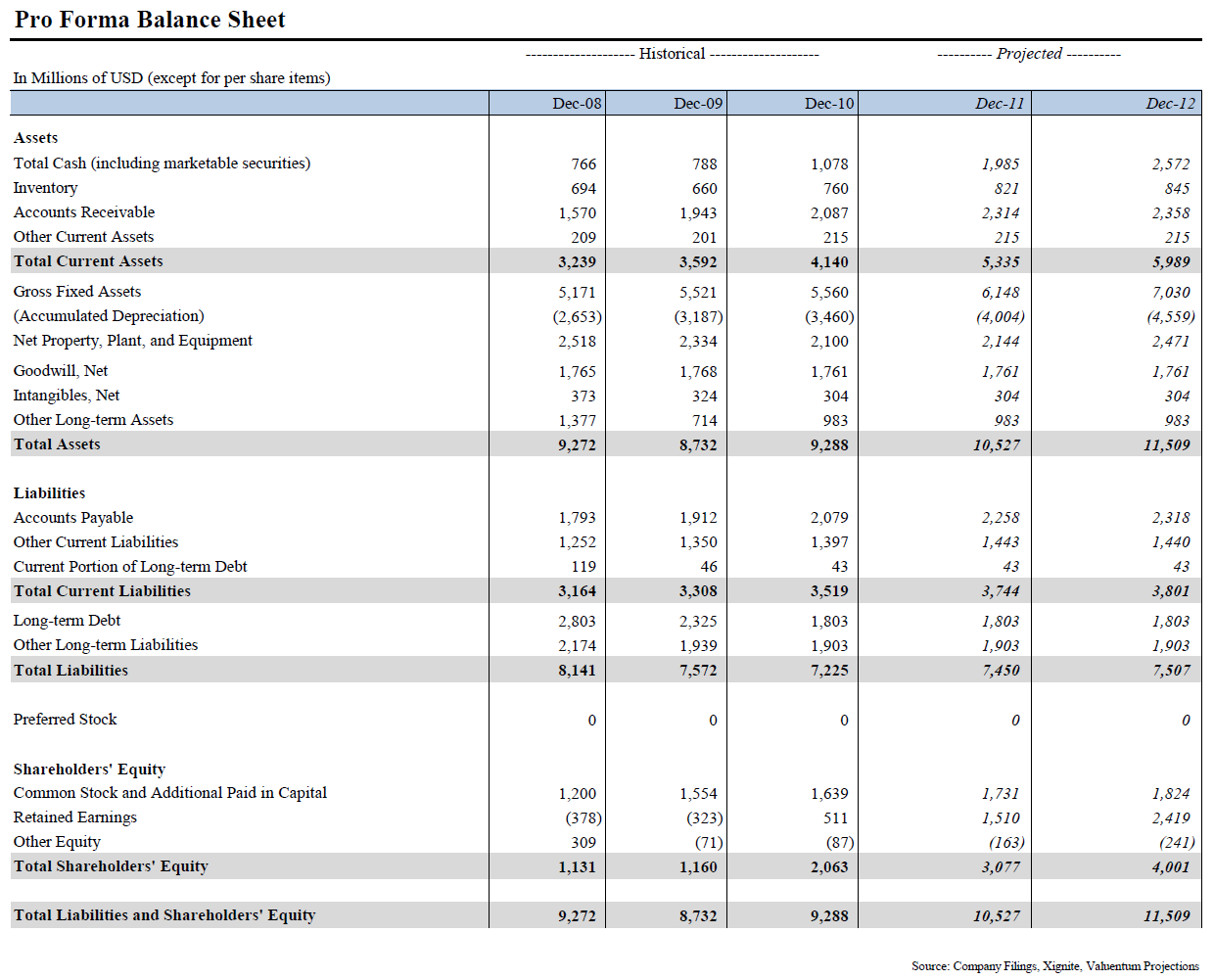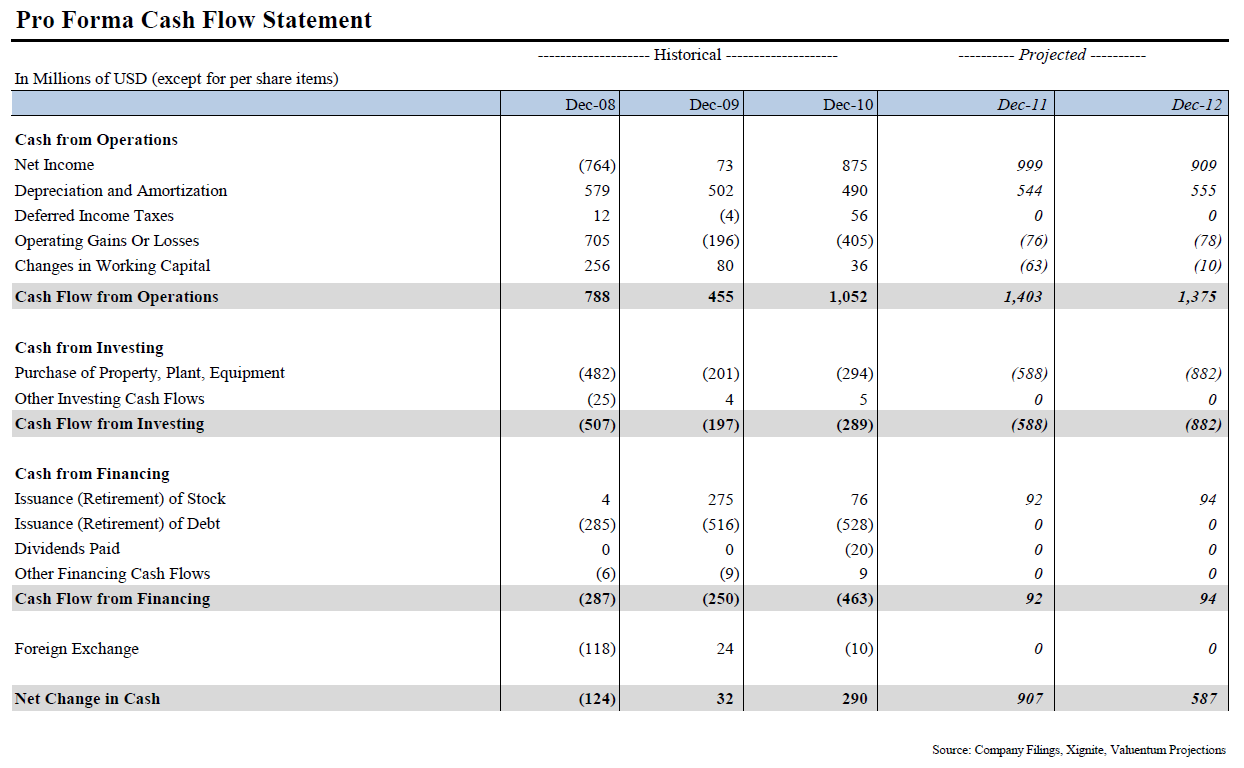Could you live with daily electronic conveniences -- Twitter, Facebook, email, texting and more -- for 90 days? Jake P. Reilly, a 24-year-old college student at the University of Wisconsin-Madison, did just that.
From October to December, he unplugged from social media, email, texts, and cell phones because he felt that we spend more quality time with gadgets and keyboards than we do with the people we really care about.
During his social experiment, he found that some people he counted among his close friends really weren't that close after all. He also discovered that taking a break from his relationship with social media and really paying attention to the people around him can revive real-life romance.
I spoke with Reilly over the phone this weekend about his 90-day project, what he learned from living without electronic leashes and how it changed his life.
You say you spent three months completely cut-off from the virtual world. What steps did you take to do that?
Reilly: I called Verizon and suspended service for my cell phone. I deactivated Facebook. I deactivated Twitter, deactivated Linked-In, deactivated Spotify, and anything where there was a social component. I put up an out-of-office on both of my email accounts, like, "I'm sorry for the inconvenience, but I won't receive this until the end of the year."
Did you ever cheat and check to see what messages came in?
Reilly: I never went back on any of the social stuff. There were a few times when the bank would send me an email verification. My roommates would see me checking something like that, and they'd see me with my hands up to shield my eyes from the bulk of the screen, like a girl would do when she's watching a horror movie that she doesn't want to see. I genuinely didn't want to see what was there, because once you look you've got an urge to read it.
Before what you called "The Amish Project," how much time would you typically spend on social media sites, texting, and so forth every day?
Reilly: It was pretty bad. I was reading every single Tweet and I follow 250 people. Then, I would waste a good hour and a half on Facebook. I was sending more than 1,500 texts a month. I never really counted minutes on the phone, but I wouldn't be surprised if it was 600 to 900.
What about now, has it changed?
Reilly: I mean, I struggle with that because everyone wants to know about it, and wants to know how different it is. It's hard, because I was just going to turn off my phone at first. That was the thing that bothered me most, but I realized that if I turned off the phone, people were just going to email me all the time or send me a million Facebook messages. It's kind of a hard thing, because we're getting to the point where if you're not responding to people's text messages within an hour of when they send them, or within a day for emails, it's just socially unacceptable. It's been hard for me since I've been back. I've been bad with my phone and people are, like, "What the hell? I text messaged you?" So I haven't been up to social standards in terms of responding and people don't really understand that, I guess.
In the opening of your "Going Amish" presentation, you say that you had friends over and realized what was going on. Describe what you noticed and your feelings right at that moment.
Reilly: I live with three guys and we had two of our best friends in visiting from New York City. We only see these guys once a year, maybe every six months. We were at the University of Wisconsin watching a Badgers basketball game or something like that. Every single person had either a laptop or a cell phone. That's just kind of funny to begin with, then, I was like, "What are we all doing?" I asked everyone what they were doing and somebody's playing Words with Friends, somebody's playing Angry Birds, somebody's playing online trivia. Nobody's really doing anything, just sitting quiet. It's like this was what we were all looking forward to and we're just sitting here numbing our minds.
That's the thing that drives me crazy. People go out to dinner with a crowd and everyone's on their phone. I mean, what else are you looking for?
How did you communicate with family, friends and business associates during your "Amish" period?
Reilly: Ha! Not well, to say the least.
Do you have a landline?
Reilly: At first, we didn't, but my mom started freaking out a little bit and we got a landline. For the first three weeks, there was a hospital right next to my apartment. I went into their waiting room where there's a courtesy phone for their patients. I was using that to call people. I had written a little address book with all the important people that I needed to have their phone numbers, but, you know, most people don't answer their phones. Most people just use them to see who called. Then, they'll text you, or they'll call you back when they have time. So, I'd either sit at the hospital waiting for people to call back or I'd go home. I was in and out of this stupid hospital waiting room all the time for the first couple of weeks.
Then, we started to have more fun with it. I started to carry chalk around with me. I ride my bike a lot, so, I'd ride my bike over to people's houses and leave them messages in chalk on their sidewalk. I set up a couple of systems with people where, when they got home, they would put something in the window, like a stuffed dog, or put a pumpkin up on the ledge that meant "Hey, I'm here. Come talk." I started having fun trying to dream up different ways to get people's attention.
Were there people who said, "I'm just not going to participate in this. If you can't answer my texts, I don't need to talk to you."
Reilly: Yeah, I mean, I definitely just lost complete contact with people that normally would have been part of my life. I mean it's also an interesting metric for your life to see who some of your closest friends are, you know, and who's willing to take the time. I started to feel bad for them, too, because it definitely became a nuisance, but, yeah, it definitely changed the level of, or the number of friends that I had and the level of contact that I had with them.
So, with some people it clearly decreased your level of interaction, but were there others with whom your contact increased in either quality or quantity while you were disconnected from the virtual social society?
Reilly: That was my other favorite part. I had so much free time on my hands. I also wasn't watching TV, because that felt sort of counter-productive. I would go to school, and then there was really nothing for me to do at home, so I would just ride my bike to people's houses, all these people that I would usually text or just see on the weekends or whatever. I would just ride by and chat with them, face to face. So, that was really cool, reconnecting, doing things you'd never normally do like having breakfast with someone's parents.
You posted several of the notes you received from friends during your isolation. One note read "Jake, I'm pregnant. Call me." What was that about?
Reilly: Ha! At the school, there's an elevator. No matter where you're going, everyone has to use the elevator on the ground floor. So, for the people that I went to school with, that was the first place we'd post projects or memes. I didn't say this is my message board, but one of the girls just started leaving messages, like, "Hey. I'm on the fourth floor. Come find me," or "Jake, where are you?" It's a very public forum, so everybody can read it. It became my message spot.
Then, people almost treated it like a Facebook wall. It evolved from leaving messages for each other, to joking around, like, "Jake, your mother called. She said she doesn't love you anymore," and "Jake, the cops are looking for you," and all this stuff. It turned into a funny thing.
At one point there was a Christmas greeting trampled in the snow? What were the circumstances around that?
Reilly: Yeah, that was mine for my long-term girlfriend who I had kind of stopped seeing, but then this whole thing kind of, I think, helped us get back together because whenever we were together there was no pressure. It was, OK, we're just going to enjoy each other right now, because I don't know when I'm going to see you again. There was no drunken text messaging and jealousy from Facebook. It was just her and I.
So we started seeing each other again, and I did a lot of cheesy stuff like writing a big chalk message on the street in front of her office building and sending her a cookie with a message written in frosting and stuff like that. On the last week that she was in Colorado I went out and wrote Merry Christmas to her -- that picture was taken from the roof of the apartment we were staying at.
Do you think that those who rely so heavily on social media to interact with others are training themselves to communicate only at the most superficial level?
Reilly: Yeah, for sure. I think that Facebook is the biggest waste of time, because everyone is just presenting such a filtered picture of themselves. You only put up your best pictures. People only check in when they are at the fanciest restaurant in the city. They only keep things up there that are flattering to themselves. I just think it's like keeping up with the Joneses, but for life. You're never going to get on top of it. Someone's always going to have a better job than you, go on better vacations than you, have a better looking wife than you, or whatever it is. So, it's superficiality on top of superficiality. You never get to see the real parts of people.
Did you have to relearn skills to function without electronic communications? Writing letters, for example. I know my son has nearly illegible penmanship because he has been typing everything instead of handwriting since he was very little.
Reilly: I really don't have good penmanship at all. The funny thing is that I had written like 15 or 20 letters, and I just held them for two weeks until one time I dropped my pack and realized that I had lost the letters. I had taken all the time to write the letters and then lost them, because I didn't take the time to go mail them. You know, when's the last time I sent a letter? Never. So, I had to remember to stamp it right away and get it in. Then, it's going to take a week to get there. So when you need to say something to someone, you need to get it right in on time.
You said that you had much more free time when you stayed off Facebook and social media sites. Did this extra time translate into higher productivity or better grades at school?
Reilly: Yeah, a hundred times over. Like I said, there wasn't really much to do at the house, so I stayed at school most nights until 10 when everyone else leaves around 6, without a doubt. I think what's so hard for people and so distracting for people is that where they work, there are social media distractions on the same machine that they are supposed to be using to do their work. I'm sure every office in the country suffers from these things. I couldn't go to these sites, and when you can't distract yourself, all you can do is work.
How did you fill all this extra time? What's one thing you would have never accomplished if you hadn't taken this break in your relationship with social media?
Reilly: I did a lot of things that I don't know [?] other people would say they want to do. But I think, if they actually did them, they'd be of incredible value. I started meditating. People give you a lot of books that you can take time for, like "The Power of Now."
The best part for me was just the difference between riding your bike to work and going for a bike ride just for the fun of it. I would sit in the park a lot, throw the football with my friends, go ice-skating, and all that kind of silly stuff that you take for granted. It's all around you. I think that was the best part and most people really overlook that.
So you ended up not only with more time for work, but more time for play as well.
Reilly: Yes, absolutely. It was weird, because you had to think of how to play. Most people think more time for play means let's watch a whole series of video clips or tag some pictures, but when you don't have all that stuff, you expand your mind about what you want to do with your free time.
There's a real difference in the quality of that time. If I sit and play Angry Birds for an hour a day, I don't look back and say "You know, I had a really great Angry Birds session three weeks ago. That was a really great time," but if I share a sunset walk on the beach with someone, that's a memory that I can treasure forever.
Reilly: Yeah, sometimes you just sit on the internet and four hours goes by, and you're, like, I really didn't do one single thing. Maybe I looked at an article, looked at pictures, watched some dumb videos and got stuck in a YouTube black hole for an hour, just looking, looking, looking. I think you'd have a hard time finding anyone who thought that was really enriching your life.
I mentioned your story to my father-in-law the other day, he said "You want to interview somebody, talk to me. I've been doing that for 69 years!"
Reilly: Ha! I think that's what's so much fun about it. I've had a lot of action on Twitter for the last few days and a lot of people send me emails saying exactly that. I think adults really relate to it and think it's cool that someone from my generation is choosing to do it. They all say, "That's how we lived for 40 years. Can you imagine our whole life is like that?" That was interesting to me. I asked my grandparents, "How did you guys find each other when you wanted to go out or something?" They said stuff like throwing window pebbles and just driving by people's houses, and having a diner that you would go and turn up at where people were always there. I mean, they obviously managed just fine, and I was anxious about it and didn't like it for the first few weeks. Then, I didn't even think about my phone or miss it at all. You just find new ways.
I understand your father, ESPN sportswriter Rick Reilly, had a suggestion about your experience?
Reilly: Yeah, he's tweeted it out on his account and he's gotten a lot of reaction to it, too. He's been talking about trying to do a romantic comedy about it. There were so many missed connections. I mean, at first, I would meet girls out at the bar, and they'd be, like, "Here, take my phone number." I would have to explain that I didn't have an email address or Facebook?
?but if they'll give you their address you'll stop by sometime?
Reilly: Yeah, and they were, like, "Screw you. If you don't want to call me just say so." I'd say "No, no. Tell me where your office is, and I'll send you a bike courier message or whatever." I think there's a lot of funny stuff like that. I keep telling people the hardest part was having to send all of my sexts by USPS. I mean, I didn't actually send pictures?
In the end, having finished this whole thing, is your life different now or did you fall right back into old habits?
Reilly: It's definitely different, but I catch myself doing exactly what I hated. Someone is talking to me and I'm half-listening and reading a text under the table. For me, it's trying to be more aware of it. It kind of evolved from being about technology to more of just living in the moment. I think that's what my biggest thing is: There's not so much chasing for me now. I'm here now, and let's just enjoy this. You can be comfortable with yourself and not have to go to the crutch of your phone. For me, that's more what I will take away from this.
Do you have future projects planned?
Reilly: I keep telling everyone I should do another 90 days where I don't speak to anyone in person and only communicate by internet or through technology, but that's just a joke. It's really changed my life. Like I said, I'm back with this girl. Everything's a lot simpler. I'm more than happy that I did it.
What else did you learn?
Reilly: I think the letters were the coolest part and how people were really into it. I think I wrote 75 letters and nearly, I'd say, 85 percent came back with responses. Now all these people are responding to the video online. All the appreciation, I think the coolest part is that all these people really see this in themselves and wish that there was a different way and we weren't so tied to all that stuff.
Let me ask you one more question about the letters. What's the difference in the level of thought and feeling that you put into writing a letter compared to typing 140 characters?
Reilly: What we do now, on e-chat, is people just flying off with whatever comes to mind. It's so much different to have it really thought-out. I'm a writer, so it's time consuming. I think it takes 20 minutes or half an hour to write a letter and really get it the way I want it. I think it's a better, purer way to communicate. People appreciate it so much more when you send them a handwritten letter or even a thank-you note showing that you're taking the time to think about them.
Conclusion:
With modern technology, texts and Facebook wall posts can serve as an attractive veneer making relationships seem more genuine than they really are. Conversely, social media can interfere with our most intimate real-life relationships. How many of your closest relationships would suffer if people had to invest more effort than sending a text to stay in touch? How much better could your relationship with your significant other be if you could give your partner your full attention whenever you're together? There's one way to find out, if you dare.
Source: http://us.rd.yahoo.com/dailynews/rss/personaltech/*http%3A//news.yahoo.com/s/ac/20120129/us_ac/10900789_90_days_without_a_cell_phone_email_or_social_media
whitney person of interest james spader james spader speed of light susan powell jonah hill
 Veloster features one door on the driver side and two on the passenger side. (Photo: Hyundai)
Veloster features one door on the driver side and two on the passenger side. (Photo: Hyundai)  The Veloster's interior is appropriately sporty. (Photo: Hyundai)
The Veloster's interior is appropriately sporty. (Photo: Hyundai) 


